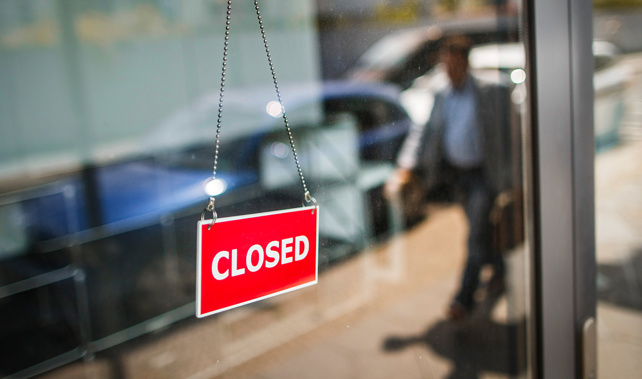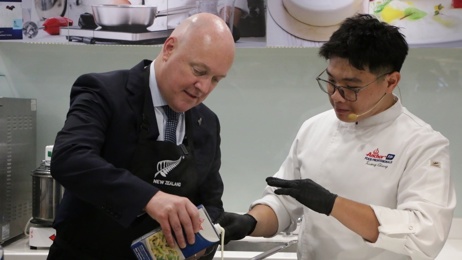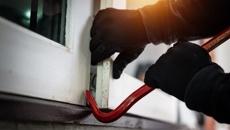
Jesus have may risen on Easter Sunday, now the whole of the retail workforce looks set to be required to do the same.
It's taken decades, and the same debate's been well rehearsed, but trading on the day which is sacred to many, is now inevitable with the Beehive passing the buck to local councils to decide whether shops can open their doors.
They weren't prepared for another defeat on the issue, they required their MPs to toe the party line rather than being allowed to exercise their conscience, which saw them winning the ballot by just three votes. It's the fifth time in the past decade that Easter Sunday trading's been put to the vote, just as it was twenty years ago.
The arguments are pretty straight forward with Labour bringing in a big hitter to reinforce its opposition to change. Former boxing champ David Tua weighed in on behalf of the church going Samoan community, just as All Black great Michael Jones, who refused to play test matches on any Sunday, had stepped out on the issue before him.
Easter Sunday they say is for religious observance, for getting together with families and enjoying some good tucker.
The other side argue people can already shop until they drop. With the advent of the Internet they can buy anything from the comfort of their home, at work or even while on the bog. Consumers have unprecedented choice over how and when they shop so it no longer makes any sense to have trading restrictions they say.
And the law change won't force people to work if they don't want to. They can refuse to without any repercussions, and if their ongoing employment is threatened, then they can take a personal grievance against their boss, so the argument goes.
Yeah well that's most certainly easier said than done if you're a Samoan worker on the minimum living wage.
The opponents of the trading law say it's now only a matter of time before the other sacrosanct days, Christmas, Good Friday and half of ANZAC day will be opened up for trade as well.
Given that religious observance now no longer appears to be a trade barrier they've probably got a point.
Take your Radio, Podcasts and Music with you









